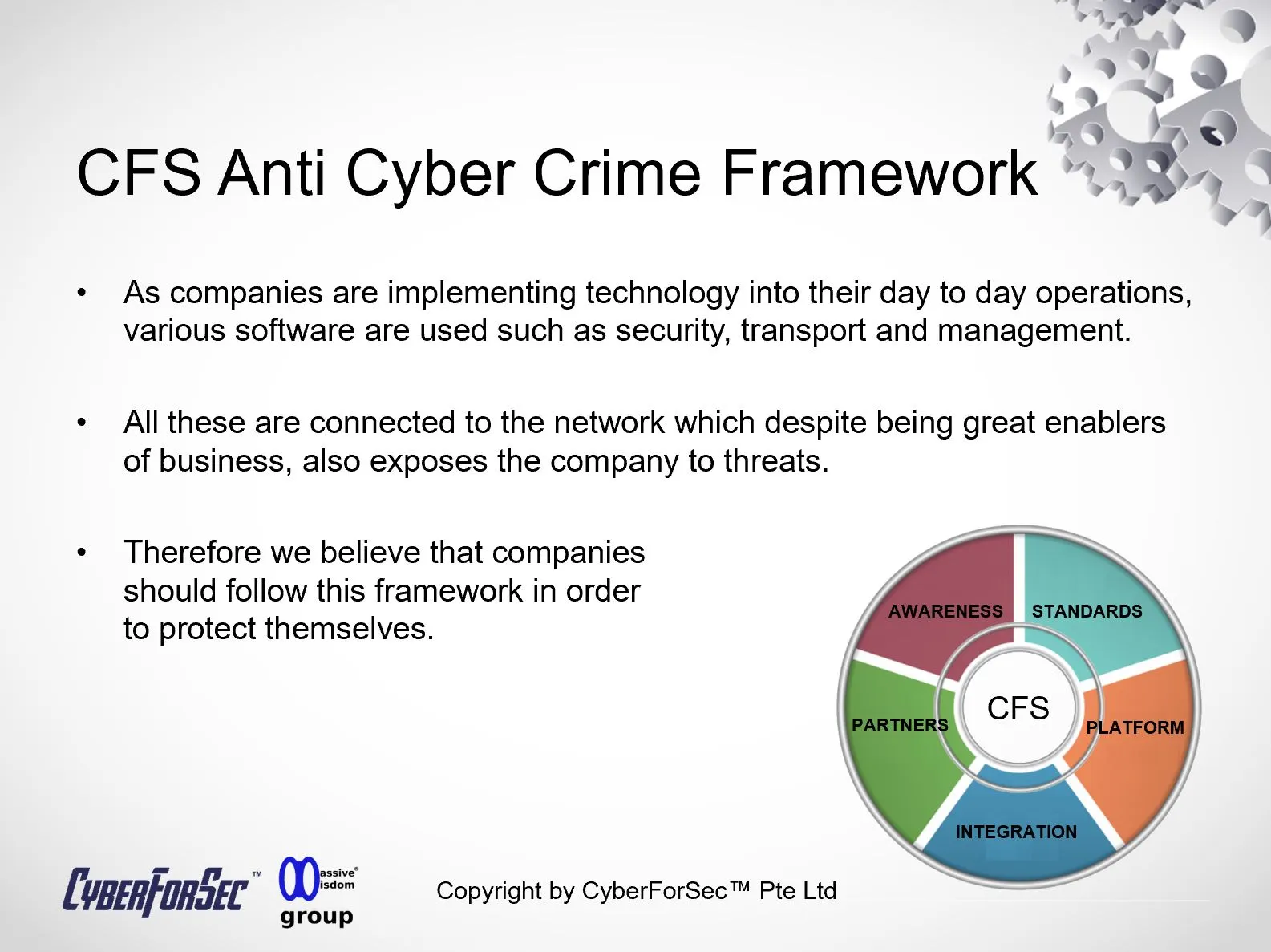Top 5 Legal and Ethical Challenges in AI for Cyber Security
Navigating the integration of AI into the realm of cybersecurity presents various legal and ethical challenges. Here are five prominent ones:

Privacy Concerns:
Challenge: The use of AI in cybersecurity often involves extensive data collection and analysis, raising concerns about individual privacy.
Ethical Implication: Striking a balance between effective threat detection and preserving user privacy is crucial. Transparent data handling practices and robust anonymization techniques are essential.
Bias and Fairness:
Challenge: AI algorithms may inherit biases present in training data, potentially leading to discriminatory outcomes in threat detection.
Ethical Implication: Ensuring fairness in AI models is vital to prevent disproportionate impacts on certain groups. Regular audits and adjustments to algorithms can mitigate bias.
Transparency and Explainability:
Challenge: AI models, particularly deep learning systems, are often viewed as "black boxes," making it challenging to understand their decision-making processes.
Ethical Implication: Ensuring transparency and explainability is critical for accountability and trust. Ethical AI practices involve making efforts to provide understandable insights into AI-generated decisions.
Legal Compliance and Regulation:
Challenge: Rapid advancements in AI technology may outpace the development of comprehensive legal frameworks and regulations.
Ethical Implication: Adhering to existing data protection laws and advocating for clear regulations on AI in cybersecurity are essential. Organizations must proactively comply with evolving legal standards.
Security Risks and Adversarial Attacks:
Challenge: The deployment of AI in cybersecurity introduces new attack vectors, with adversaries attempting to exploit vulnerabilities in AI models.
Ethical Implication: It is imperative to prioritize the security of AI systems themselves. Ethical considerations involve implementing robust security measures to protect AI models from adversarial attacks and unauthorized access.
Addressing these legal and ethical challenges requires a collaborative effort from industry stakeholders, policymakers, and technology developers. Establishing clear guidelines, fostering transparency, and promoting responsible AI practices can help mitigate these challenges and promote the ethical use of AI in cybersecurity.
Regards,
By Alvin Lam Wee Wah
and Team at CyberForSec.
Interested in what you've read and want to know more or collaborate with us? Contact us at customersuccess[a]cyberforsec.com replacing the [a] with @.















